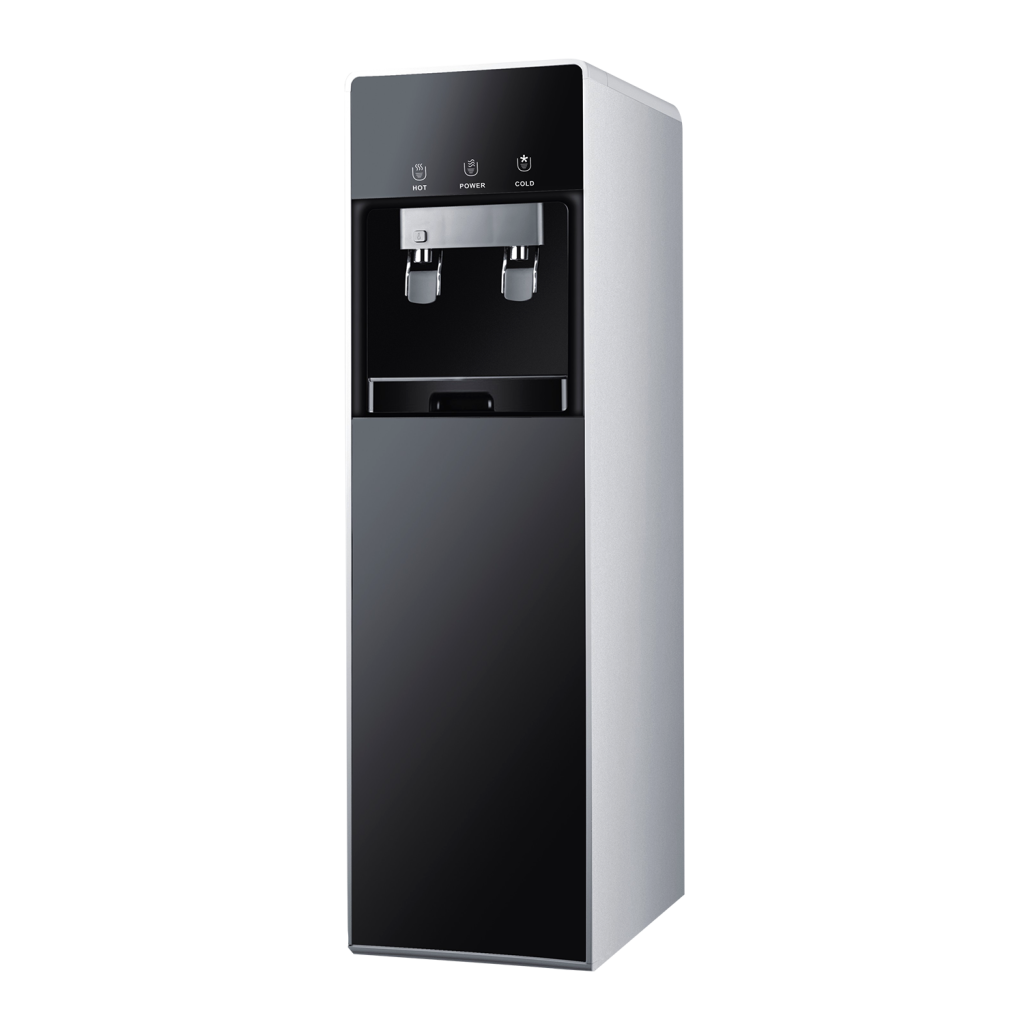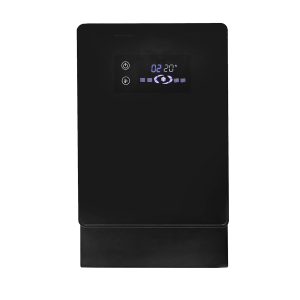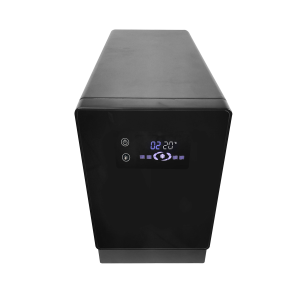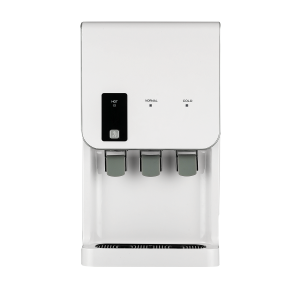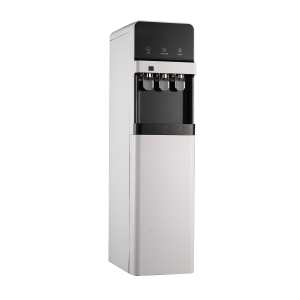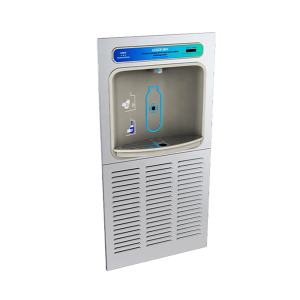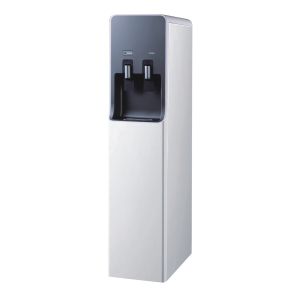If you’re thinking about adding a water chiller to your home, you’re not alone. With rising temperatures and the increasing need for energy-efficient cooling solutions, water chillers are becoming an increasingly popular choice. But how do they work, and are they really worth the investment? Let’s dive into everything you need to know about water chillers for home use.
What Are Water Chillers?
Water chillers are devices designed to lower the temperature of water. They are typically used in industrial, commercial, or residential spaces to cool water to a desired temperature. While they are often associated with large-scale cooling systems, home water chillers have been gaining traction as a practical and efficient alternative to traditional air conditioning.
These systems work by removing heat from the water through a refrigeration cycle. The cold water can then be used for cooling various parts of the home, such as air conditioning systems or direct cooling in small spaces.
How Do Water Chillers Work?
Water chillers use a process similar to air conditioners to cool water. Here’s a simplified breakdown:
- Cooling Cycle: The chiller pulls warm water from a storage tank or a connected system, and the internal compressor lowers its temperature by circulating a refrigerant.
- Heat Exchange: The refrigerant absorbs heat from the water, and the cooled water is then sent to the desired area for cooling purposes.
- Efficient Cooling: This cooling cycle continues until the water reaches the set temperature, offering a consistent cooling effect.
Unlike traditional air conditioners, water chillers don’t just cool the air—they cool the water that can be used for various purposes, from refrigeration to cooling systems.
Types of Water Chillers for Home Use
When choosing a water chiller for your home, it’s important to understand the different types available. Each type is suited for different needs and home environments.
Air-Cooled Water Chillers
Air-cooled water chillers are the most common type for residential homes. They rely on air as a medium to cool the refrigerant and are ideal for smaller spaces. These systems are typically more energy-efficient for homes with limited cooling needs and can be installed easily without the need for external cooling towers.
Water-Cooled Water Chillers
Water-cooled water chillers are generally used in larger homes or those requiring more powerful cooling solutions. These chillers use water (often from a dedicated reservoir or external supply) to cool the refrigerant, which can be more efficient in terms of cooling capacity. However, they require access to a constant water source, making them less practical for some households.
Portable Water Chillers
Portable water chillers are compact units that can be easily moved from room to room. These chillers offer a great solution for homes with limited space or for people who need flexibility in where they want to use their chiller. While they’re not as powerful as their larger counterparts, they can still offer significant cooling effects for specific areas.
Ice Bank Chillers
Ice bank chillers store ice in a specially designed ice bank, which is then used to cool water. These systems can be great for homes with very high cooling demands, as they can deliver a large amount of cold water quickly. However, they can be more expensive and require larger space for installation.
Benefits of Using a Water Chiller at Home
Why should you consider installing a water chiller in your home? Here are several compelling reasons:
1. Energy Efficiency
Water chillers are often more energy-efficient compared to traditional air conditioning systems. Since they work by cooling water, which has a higher heat capacity than air, water chillers require less energy to cool a given space.
2. Cost-Effective Cooling
Although the upfront cost of purchasing a water chiller can be higher than that of a fan or regular air conditioning unit, over time, you’ll save on energy bills. Water chillers use less energy and, in the long run, can be much more affordable.
3. Environmentally Friendly
Water chillers use natural water to cool your home, reducing the reliance on refrigerants that may be harmful to the environment. By choosing a water chiller, you’re investing in an eco-friendly cooling solution.
4. Silent Operation
Water chillers are usually quieter than air conditioning systems. If noise is a concern for you, a water chiller could be a great choice for maintaining a peaceful, quiet home environment.
5. Long-Term Durability
High-quality water chillers are built to last and can continue to provide cooling for many years. With proper maintenance, these systems can serve your household reliably for a long time.
Factors to Consider When Buying a Water Chiller
Before investing in a water chiller for your home, you should keep a few important factors in mind.
1. Cooling Capacity
The cooling capacity of a water chiller is essential. Larger homes or spaces with higher cooling needs will require a chiller with a higher capacity. Be sure to assess the size of the area you plan to cool before purchasing a unit.
2. Energy Efficiency
Look for water chillers that are energy-efficient to ensure that your cooling solution doesn’t end up costing you more in electricity bills than necessary. Models with energy-saving features or high SEER (Seasonal Energy Efficiency Ratio) ratings are ideal.
3. Size and Installation Requirements
The space available in your home will determine the size of the water chiller you can install. Be sure to measure the area where you plan to put the chiller, as well as any installation requirements such as access to a water supply or drainage system.
4. Maintenance Needs
Like any appliance, water chillers require regular maintenance to perform efficiently. Check the maintenance requirements for the chiller you are considering and ensure that you can easily maintain it yourself or hire professional services when needed.
How to Maintain Your Water Chiller
Proper maintenance is crucial for extending the lifespan of your water chiller and ensuring it operates efficiently. Here are some tips:
- Clean the Filters: Regularly clean or replace the filters to keep the chiller running smoothly.
- Check for Leaks: Inspect the system for any leaks or signs of wear and tear.
- Ensure Proper Insulation: Make sure that all pipes and connections are properly insulated to avoid energy loss.
- Schedule Professional Maintenance: Have a technician inspect the system once a year to ensure that it’s working at peak efficiency.
Conclusion: Are Water Chillers Right for You?
Water chillers offer a modern and energy-efficient way to cool your home. Whether you’re looking for a way to keep your home cool during hot summer months, or you need a long-term solution for temperature control, water chillers can be a great investment. With proper maintenance, they can help you save on energy bills, create a comfortable living environment, and contribute to a more eco-friendly home. Just be sure to choose the right type of chiller based on your specific needs, and enjoy the benefits of this cooling solution.
FAQs About Water Chillers for Home Use
1. What’s the difference between a water chiller and an air conditioner?
A water chiller cools water, which can then be used to cool the air, while an air conditioner directly cools the air in the space. Water chillers are often more energy-efficient and quieter than traditional air conditioning units.
2. Do water chillers require a lot of maintenance?
Water chillers do require regular maintenance, such as cleaning the filters and checking for leaks. However, with proper care, they can last for many years with minimal upkeep.
3. Can a water chiller be used for a whole house?
Yes, depending on the size and cooling capacity of the chiller, it can be used for whole-house cooling. Larger units are typically required for cooling larger spaces.
4. Are water chillers environmentally friendly?
Yes, water chillers are more environmentally friendly than traditional air conditioners because they use water instead of harmful refrigerants to cool the air, reducing their carbon footprint.
5. How much does a water chiller cost to install?
The cost of installing a water chiller varies depending on the type of system, the size of your home, and the complexity of the installation. Typically, you can expect to pay anywhere from a few hundred to several thousand dollars.
